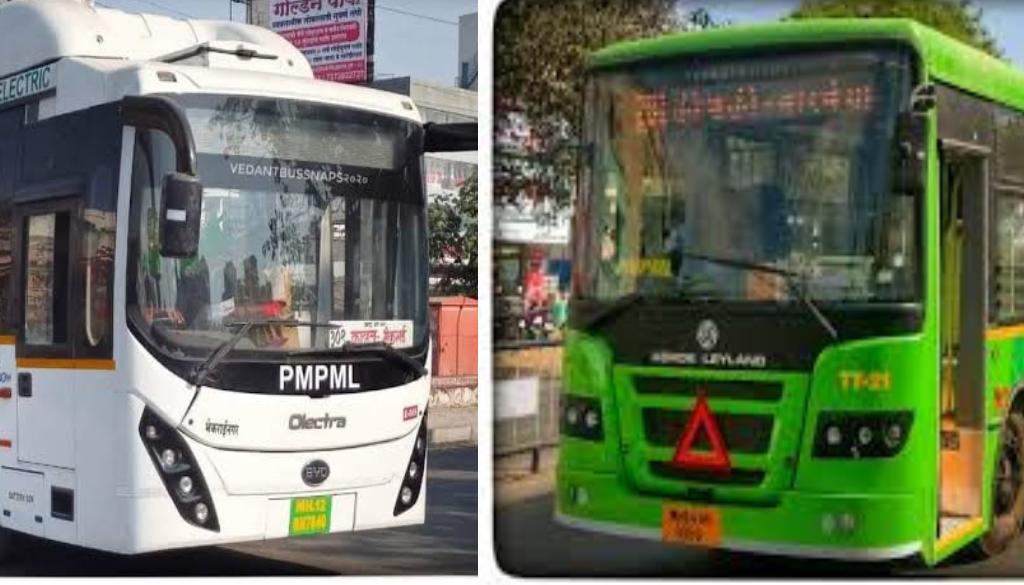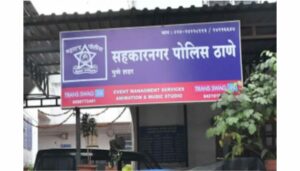Pune: CNG Buses Prove 20% Cheaper than E-Buses, Prompting Fleet Adjustments By PMPML

Pune, 2nd September 2023: In the Pune Mahanagar Parivahan Mahamandal Limited (PMPML) bus fleet, the operation of Compressed Natural Gas (CNG) buses is found to be 20 percent cheaper compared to electric buses (e-buses). The cost per kilometer for an e-bus is Rs 102, while a CNG bus costs Rs 85 per kilometer.
As a result, it is highly likely that the number of CNG buses will see an increase in the coming years, leading to a reduction in transportation costs. This shift may also necessitate a pause in the procurement of e-buses to balance the fleet.
The central government’s e-bus policy mandates that 30 percent of the passenger service organization’s buses be electric by 2030. Due to political pressure, the PMPML achieved this target in 2023. Presently, 32 percent of the PMPML fleet consists of e-buses. Even if no new e-buses are added in the next seven years, the organization can continue its operations without disruption.
Recently, PMPML has faced challenges due to the deliberate charging patterns of e-buses. Currently, all 458 e-buses in the fleet are owned by contractors. The cost of operating e-buses exceeds the revenue generated by their transportation services. Additionally, the time required for charging and the cancellation of trips during peak afternoon hours has had a significant impact on passenger services.
Contractors, owing to their substantial number of buses, have established a virtual monopoly within PMPML. To mitigate transportation costs and reduce the contractors’ dominance, PMPML intends to expand its CNG bus fleet while adjusting the number of e-buses accordingly.
Key Points:
- 192 buses have been idle for the last 16 months due to the unavailability of e-bus batteries, with no clarity on when they will become available.
- Charging e-buses is time-consuming, taking five hours for AC chargers and two hours and 30 minutes for DC chargers.
- Afternoons witness high passenger volumes, causing over 200 buses to be out of service for charging, resulting in numerous trip cancellations.
- Procuring spare parts for e-buses is challenging, and the repair workforce comes from Hyderabad, causing significant delays in maintenance.





